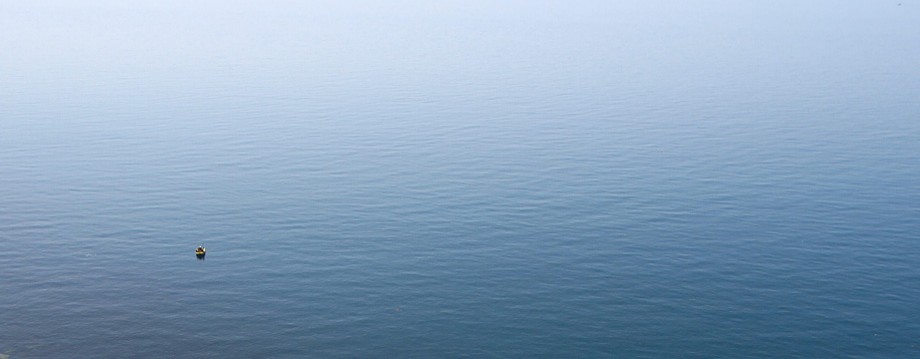One week. In the context of five months, it’s the blink of an eye. I’m going to use the next week to get plugged back in.
The travel’s given me a great chance to relax, unwind and experience. I’ve seen plenty of nature. At times, I was covered in nature, or nature was biting me. While I was keeping up with the wind, the stars and the tides, my other passion, science, was slipping by. Last time I checked, carbon trading was being shelved in Australia, climate sceptics were still crowing about various gates, the Murray River was pretty much dead due to environmental mismanagement, and the Australian Government’s white paper on science communication had been given a big fat pass in the budget. Where are we now?
It’s refreshing for me to check a couple of blogs and see people looking forward. Moth Incarnate has:
“What seems clear to me is that we need again to focus, as many were a few years ago, on the problems at hand (ie. energy security, biodiversity resilience, food and fresh water security and suburban sprawl) or choose to continue to perpetuate with others of selective hearing and understanding, turning a blind eye to accelerating species loss. I, for one, am not willing to go down the latter road.”
Continuing on my trip along my blogroll, I come to Intercon‘s discussion of renewable energy subsidies in the US. The situation is similar in Australia:
“Regardless of which direction we go, our current model is lingering in the mediocrity of indecision. Our government’s lack of clear preference–in perhaps trying to please everyone–ends up ratcheting down the positive long term effects of the program (…) The sooner we focus on a clearer objective, the sooner we can have the combination of legislation, investment capital and taxpayer dollars producing more substantial results.”
Wise words which could be easily applied to many government programs. In the Green Steps training I did immediately before jumping on my London jet plane, we emphasised the importance of designing programs with a specific and achievable goal, performance indicators and an action plan. That was for a project as simple as getting employees to turn off lights in an office. Piecemeal strategies and funding, being sprinkled through a given sector to gain ‘points’ for having an open mind and diverse approach, is doomed to mediocrity or failure. A policy that sounds good on the news, or might indirectly help reach an outcome, isn’t good enough.
Then I scan the news of the Australian election. Our new minority government is setting up a climate change committee, which Tony Abbott’s opposition has refused to participate in (cue scare tactics about a great big new tax…). Then there’s the funding:
“As part of a deal to form government with the independents, Labor has pledged $160 million for biofuels research and changes in tax treatment for ethanol, and raised the prospect of spending another $335 million on new transmission lines for renewable energy projects and $350 million for a new large-scale solar/biofuels plant.”
The goals? The vision? Maybe it’s just not being articulated properly. I have my doubts.
Here in the UK, as I slowly start building a picture of politics, government spending cuts are dominating the headlines, with the minority coalition coming under heavy (and often hyperbolic) fire from lots of people who stand to lose their roles. Understandable, yes. Justified? I don’t know enough to be sure.
My outlook for the next year is one of optimism, because I can’t take any other position. I care too much to let the public side of science and environment pass me by. Randy Olson, in Don’t Be Such a Scientist, emphasised the power of a positive message, perhaps not in generating newspaper sales or web hits, but in getting people to listen. Science, as it has for the past few centuries, continues to move forward, a juggernaut of research, explanations and information propelled by millions around the globe. The knowledge it generates is filtering into the public and political psyche, though the channels it can flow through have multiplied exponentially in the past couple of decades.
Let’s hope that those responsible for communicating scientific and environmental policy decisions get (and take) the opportunity to create a practical, positive vision for the future. What does a sustainable future look like? Have you ever sat and taken a minute to picture how you’d like the world to look in a decade, or three? How can we make that a reality?


